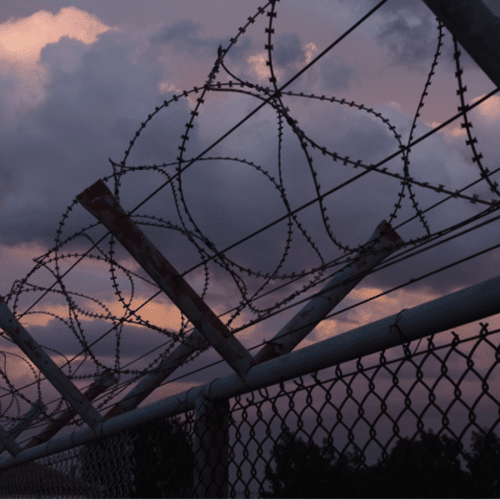
This blog discusses the conditions for asylum seekers on the Greek island Lesvos after the notorious Moria camp burned to the ground in September 2020.
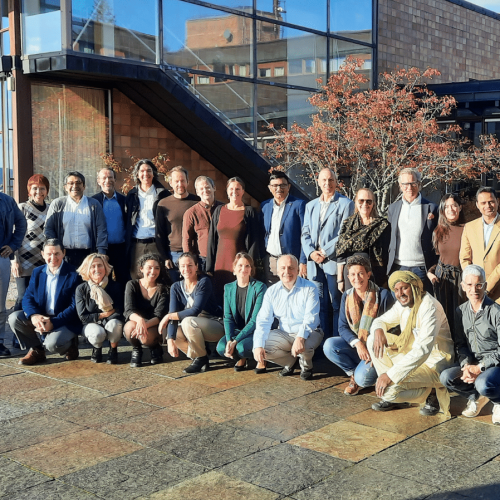
This blog provides reflections from both humanitarian practitioners and researchers on the ethical dilemmas associated with humanitarian negotiations and how humanitarian organisations respond to them.
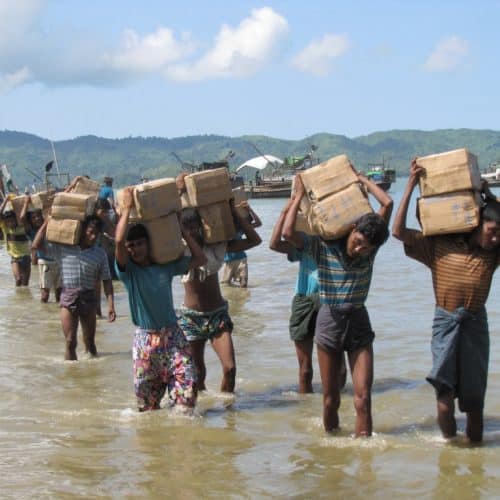
This NCHS paper uses ethical thinking to propose a new approach to humanitarian need. It offers a perspective on how humanitarians might simplify and prioritise need at a critical time of changing emergency across the globe.
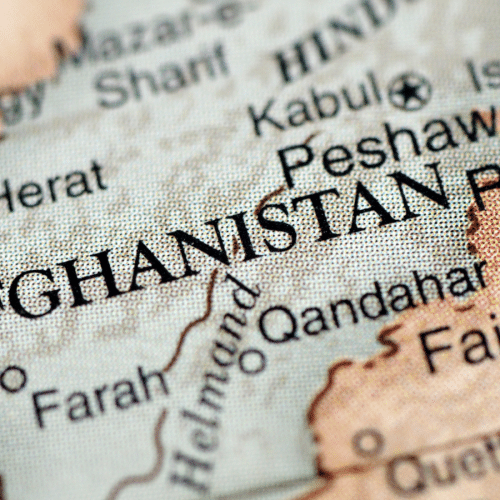
This article examines the patterns of interaction with the Taliban, the results on the ground and the implications for the Western relationship with the present Taliban Emirate.
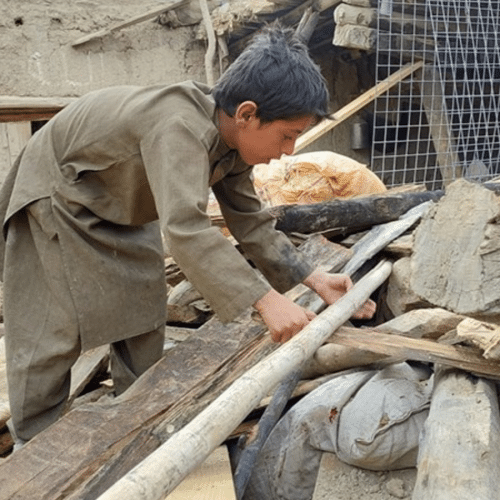
Drawing from two recent publications, this blog offers insights into the interconnected nature of armed conflict and disasters, highlighting the potential adverse effects that their mutual reinforcement can have.

This NCHS paper takes a comparative look at tourism enclaves in Southeast Asia and their exclusionary dynamics for local communities, particularly examining the links between tourism and various forms of dispossession.

A new book investigates the digital transformation of aid as a form of humanitarian extractivism and how this shifts power towards states, the private sector and humanitarians.
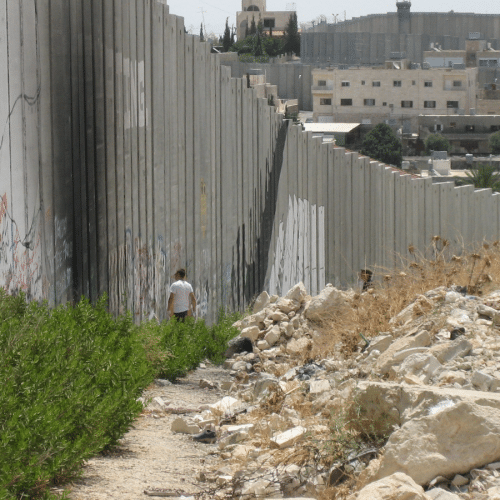
In this PRIO blog, Jørgen Jensehaugen examines the repercussions of the looming collapse of parts of UNRWA.
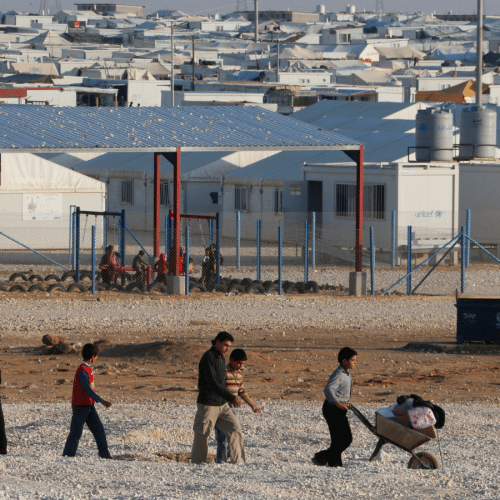
This report published by CMI presents a critical analysis of the Jordans’ governance of the Syrian refugee crisis and discusses the spatial policies in the framework of space and power.
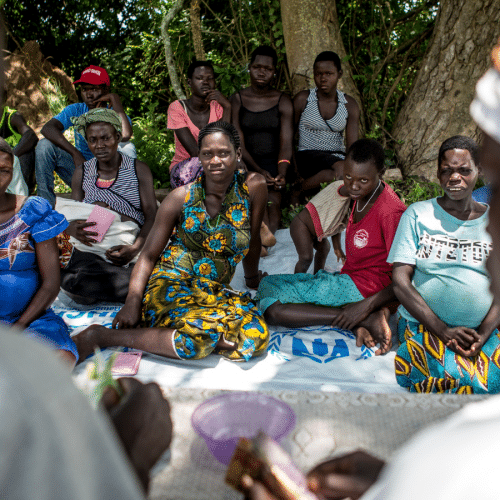
Since the 2016 World Humanitarian Summit, localisation has been firmly on the agenda. These roundtable discussions explore the ethics of the localisation of humanitarian action.